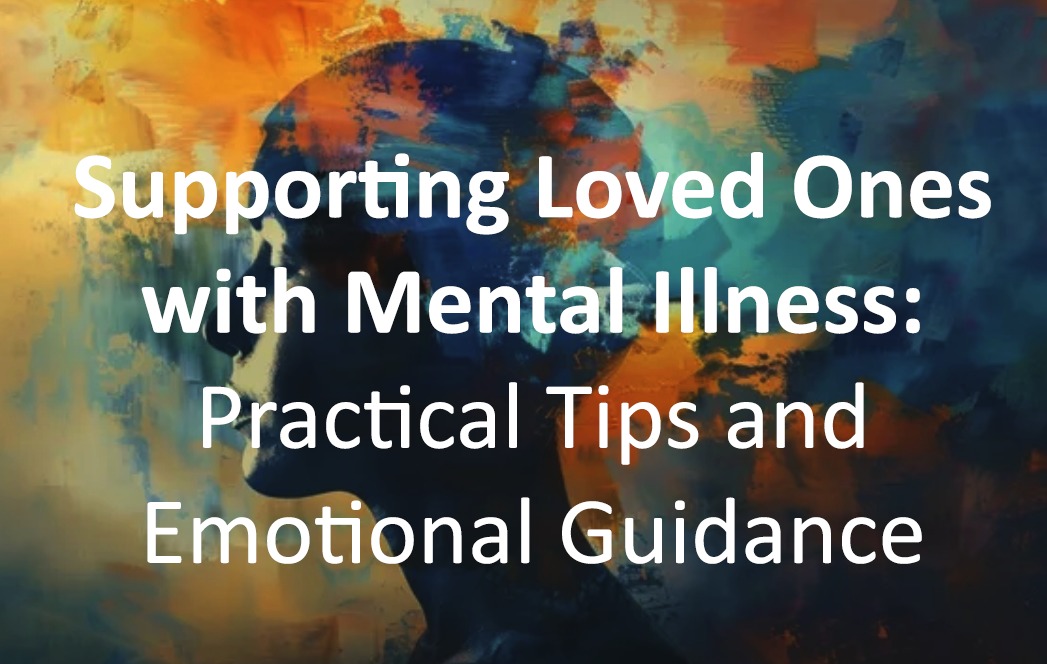Menopause, the natural biological process marking the end of a woman’s menstrual cycles, typically occurs in women during their 40s or 50s. While menopause is often associated with physical symptoms such as hot flashes, night sweats, and changes in menstrual cycles, it also significantly impacts mental health.
- Mood Swings and Depression
Hormonal Changes: The fluctuating levels of estrogen and progesterone can affect neurotransmitters in the brain, such as serotonin, which plays a key role in mood regulation. This can lead to mood swings, irritability, and a heightened risk of depression.
Increased Anxiety: Hormonal changes can also contribute to feelings of anxiety and panic attacks. This might be exacerbated by physical symptoms like palpitations or sleep disturbances. - Cognitive Changes
Memory Issues: Some women experience difficulties with memory and concentration, often referred to as “brain fog.” These cognitive changes can be distressing and may impact daily functioning.
Reduced Attention Span: There might be a decline in the ability to focus, making it challenging to complete tasks that require sustained attention. - Sleep Disturbances
Insomnia: Night sweats and hot flashes can disrupt sleep, leading to insomnia or poor-quality sleep. Chronic sleep deprivation can further exacerbate mood disturbances and cognitive issues.
Fatigue: Persistent fatigue due to disrupted sleep can lower mood, reduce motivation, and impact overall mental health. - Impact on Self-Esteem and Identity
Body Image Concerns: Physical changes during menopause, such as weight gain or changes in skin texture, can negatively impact body image and self-esteem.
Sense of Loss: Menopause can bring about a sense of loss, whether related to fertility, youth, or changes in sexual function, which can contribute to feelings of sadness or grief. - Increased Risk of Mental Health Disorders
Depression: Women with a history of depression or premenstrual syndrome (PMS) may be at a higher risk of developing depressive symptoms during menopause.
Anxiety Disorders: Menopause may trigger or exacerbate anxiety disorders, particularly in women who have experienced anxiety in the past. - Social and Environmental Factors
Stress: Midlife can be a period of increased stress due to career demands, caring for aging parents, or navigating changing family dynamics. These stressors can compound the emotional challenges of menopause.
Support Systems: The presence or absence of a strong support system can greatly influence how a woman experiences menopause. Support from family, friends, or support groups can help mitigate some of the mental health impacts
Coping Strategies and Treatment
- Counseling and Therapy: Cognitive-behavioral therapy (CBT) and other forms of counseling can be effective in managing mood swings, anxiety, and depression.
- Lifestyle Changes: Regular exercise, a balanced diet, mindfulness practices, and stress management techniques can improve overall well-being.
- Support Groups: Joining a menopause support group can provide a sense of community and shared experience, which can be very comforting during this transition.
- Hormone Replacement Therapy (HRT): For some women, HRT can help alleviate both physical and emotional symptoms by stabilizing hormone levels.
- Medication: Antidepressants or anti-anxiety medications may be prescribed to manage severe mood or anxiety symptoms.
Understanding the link between menopause and mental health is crucial for managing this life stage effectively. With the right support and treatment, many women find ways to maintain their mental well-being during menopause.
If you would like to talk with a Therapist: APPOINTMENTS or call 718 313 4357











